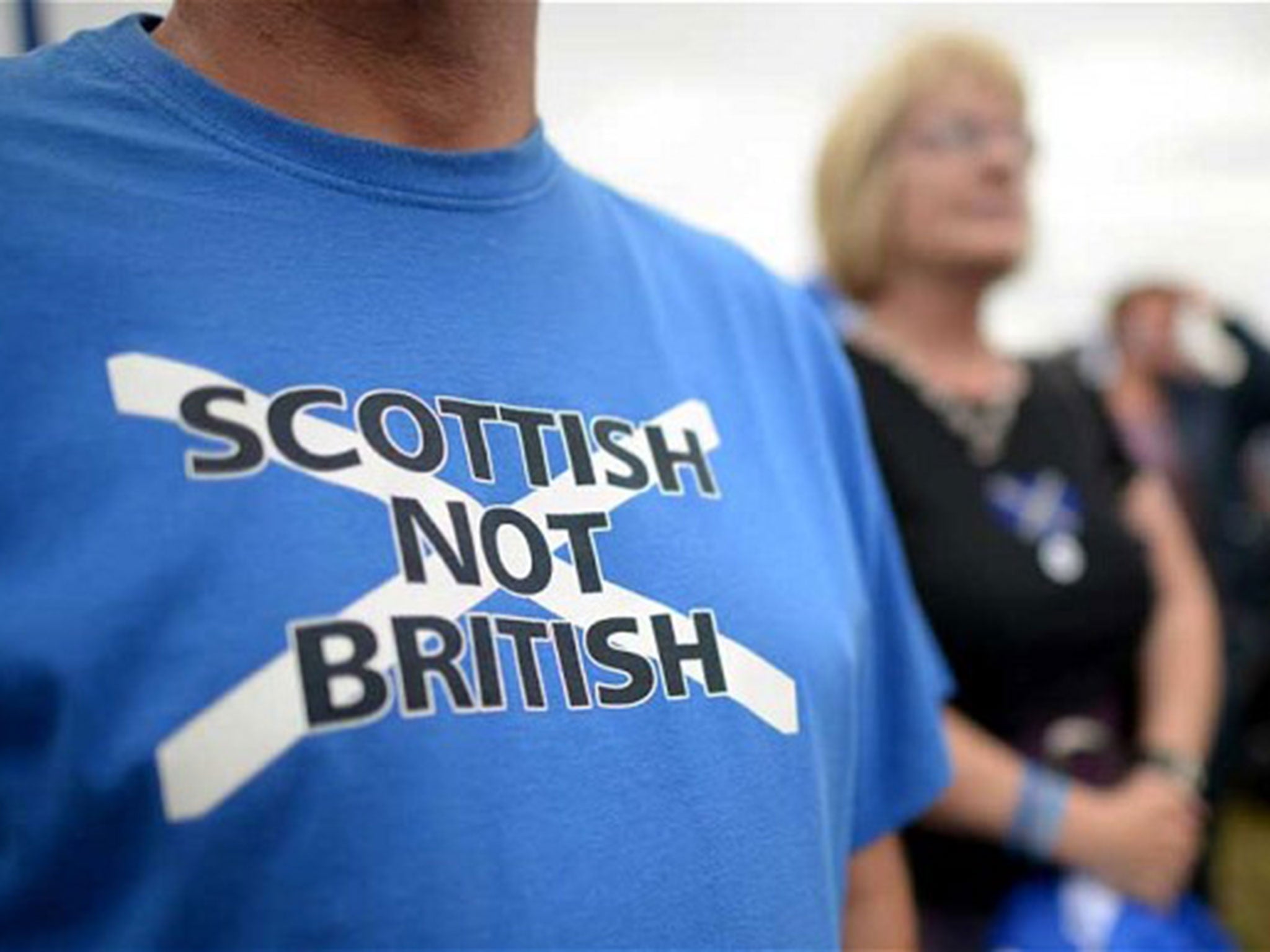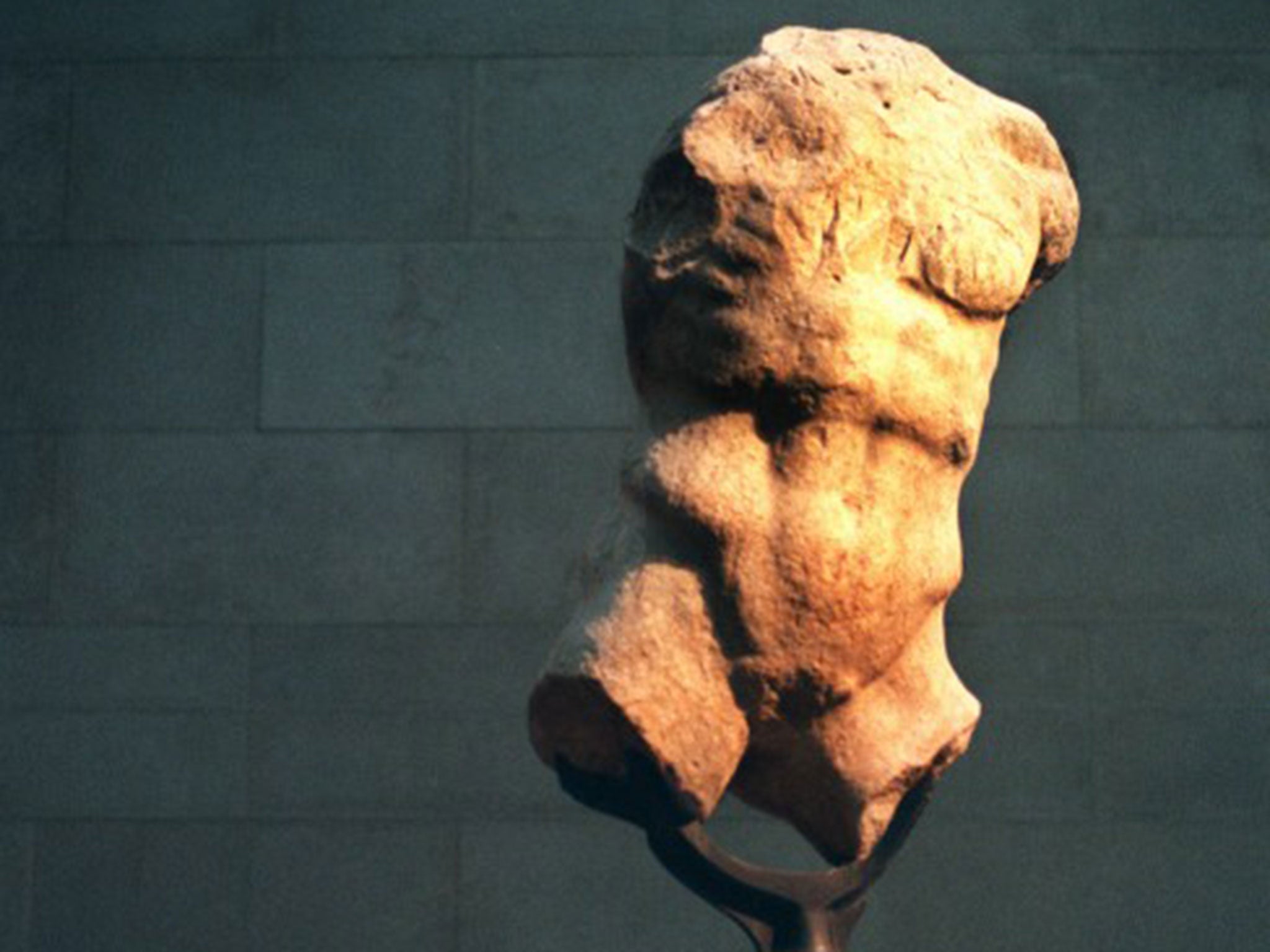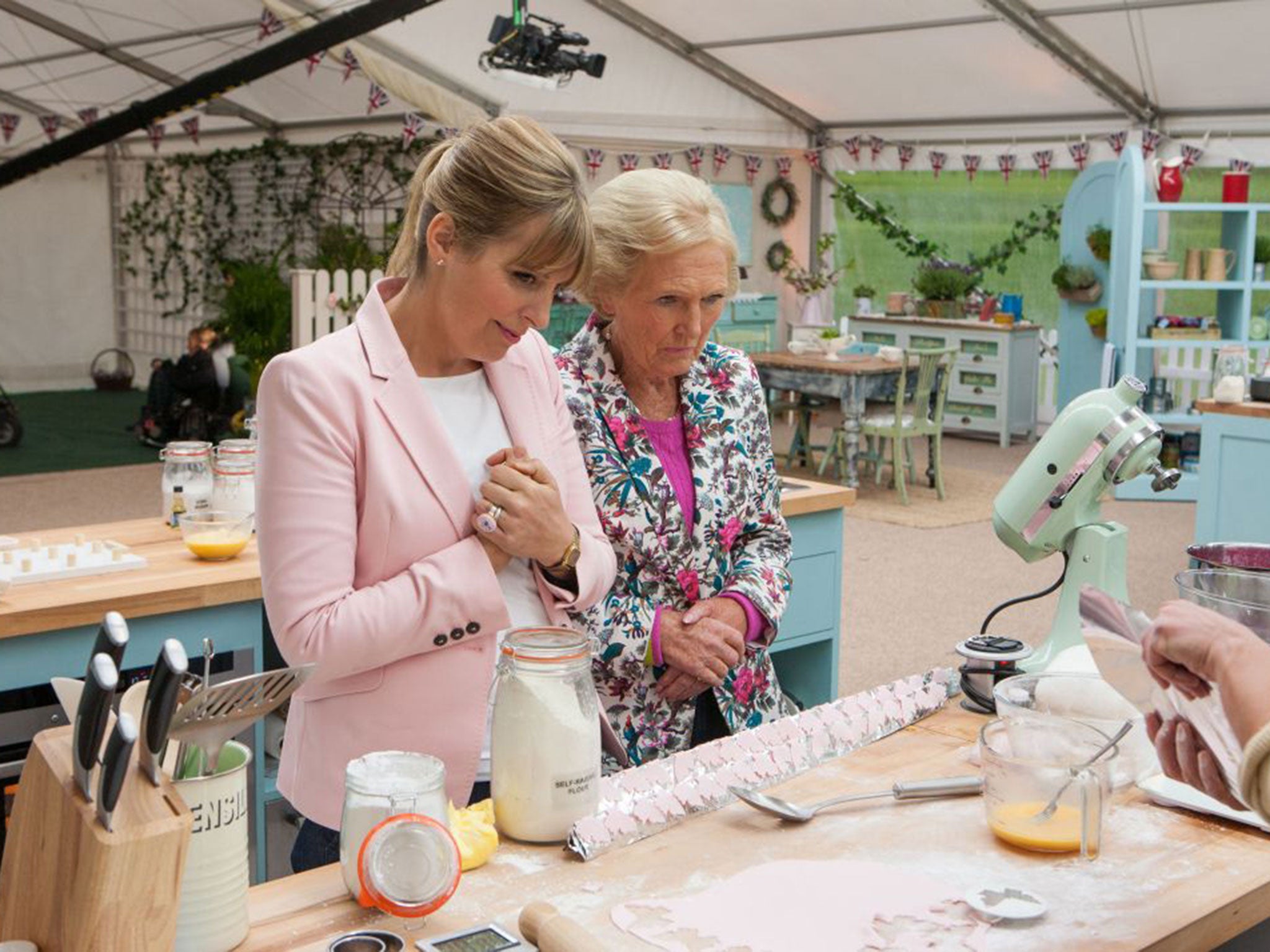Scotland independence referendum: What a Yes vote would mean - the experts' view
It was unthinkable ten days ago, but now the question has to be taken seriously

We asked experts to explain the consequences in their fields
CONSTITUTION
By Peter Riddell
A Yes vote would destabilise long-established constitutional arrangements in far-reaching and unpredictable ways. Could we even talk of the United Kingdom any longer? At least, most constitutional lawyers agree that the UK minus Scotland would be the successor state and would therefore retain membership of the EU, Nato and a permanent seat on the UN Security Council, even if the name had to change.
Almost everything else is unclear. What would be the impact on the other constituent nations, Wales, Northern Ireland, and, not least, England? It is impossible, in practice, to disentangle the political and the constitutional.
The transitional constitutional issues before Scotland became independent would be large enough. Immediate decisions would be required on how the negotiations are to be conducted and by whom? This links with the problem of the status of the 59 MPs from Scotland who are members of the Commons. They cannot be removed without an act of Parliament and the Constitution Committee of the Lords earlier this year concluded that they should remain until Scotland became independent, in March 2016 under the SNP timetable. Talk of extending the life of the five-year fixed-term parliament for a year looks unlikely in view of Labour opposition and the fact that the House of Lords has an absolute veto on postponing elections.
There will, however, be pressure for action to limit the role of Scottish MPs. Fortunately, there is workable plan on the table in the form of the McKay Commission report of 18 months ago, since shelved. This would effectively give English (and where relevant Welsh) MPs a determining say over legislation affecting just English/Welsh constituents. This would be an interim measure.

In the long term, the key question would be the response outside Scotland. The promise of greater devolution to Edinburgh in the event of a No vote has already triggered similar demands from the rest of the UK, and especially England. However, a Yes vote could produce unstoppable pressures towards Home Rule all round. At the extreme, that would lead to the break-up of the rest of the UK and, at minimum, a loose federation. And then there is the question of EU membership…
Peter Riddell is director of the Institute for Government
FOREIGN AFFAIRS
by Christopher Meyer
Last week the former prime minister Sir John Major dramatically warned of the damage Scottish independence would inflict on the UK’s standing in the world.
I wonder. The referendum campaign has been a pretty good advertisement for democracy, showing that we practise what we preach internationally. The “soft power” of our culture and values, already a magnet to the world, would surely be enhanced.
After the campaign’s dust had cleared, certain hard facts would also re-emerge. Even without Scotland, which accounts for around 10 per cent of the UK’s GDP, we would remain one of the top 10 economic powers. We would still have one of the world’s largest defence budgets, including nuclear weapons.
True, the UK might lose the Royal Regiment of Scotland. But that would weigh less than a flea in the scales of world influence. A more serious matter would be Mr Salmond’s insistence that we close our nuclear submarine base at Faslane. A move elsewhere would be very expensive. But it’s doable.
On the credit side, resources would be released. Our global network of diplomatic missions would no longer have to promote Scottish interests. Scottish offices in our overseas missions would have to close. British consulates would no longer rescue Scottish travellers in distress abroad.
Add all this up and it’s hardly a notice to quit the UN Security Council, as Major asserted. If anything, the boot is on the other foot. Scottish membership of the EU would need unanimous approval from the member-states. Would Spain, Belgium or Germany welcome Scotland when this would give encouragement to Catalan, Basque, Flemish and Bavarian independence movements, to name but four? Would Nato welcome a Scotland that had ejected British and US nuclear submarines from Faslane?
Nor should the Scots forget that the UK itself would have a veto on their membership of these organisations. British taxpayers would surely expect their government to deploy it, if the Scots refuse to assume their fair share of the UK national debt and the costs of moving our nuclear submarines from Faslane. This isn’t bullying or blackmail. It’s the facts of international life.
Sir Christopher Meyer is former UK ambassador to the United States
ECONOMY
by Tony Yates
I would guess that an independent Scotland will wind up somewhat worse off post-Yes.
First, oil won’t help. A geographically-based share of average yearly oil revenues are roughly what Scotland gets from the rest of the UK in tax revenues from the Barnett funding formula. Once oil has gone, Scotland’s welfare state will either have to get less generous, or taxes will have to rise. Scotland might relish having more control, perhaps putting the revenues aside to make a small Sovereign Wealth Fund. But that would mean austerity for a long time to come, a hard sell politically.
Scotland is ageing faster than the UK, which will mean a shrinking tax base, and growing spending on old-aged dependants through state pensions and health. It might be able to offset this by encouraging migrants. But so far, the last 15 years of large net-migration into the UK – which may not continue – has gone disproportionately south.
The only viable currency option Scotland has is to set up its own central bank and issue its own currency, either fixing against Sterling, or floating and following an inflation target. This is what it will probably be forced to do as it accedes to the EU and eventually the euro. Managing a peg and establishing a credible Lender of Last Resort means accumulating a large pile of foreign exchange reserves. This would mean setting aside an amount equal to yearly oil tax revenues for at least five years.
Large banks and (probably) non-bank financials will migrate south, to the safe haven of its central bank. This will make quite a dent in GDP and tax revenues. These firms will then pose less of an existential threat to Scottish government finances – but not much less. UK taxpayers, in the event of another banking crisis, will want to force the Scots to shoulder as much of the burden of guaranteeing Scots deposits as possible.
Part of the SNP’s pitch to Yes voters offers a shift to a more activist government to boost investment and productivity. This sounds great. But to most economists, this is just hot air. At best, whatever policies follow in pursuit of this will do no good, and might do much harm.
Tony Yates is reader in Economics at the University of Bristol
DEFENCE
by Malcolm Chalmers
A lot of leave will be cancelled in the Ministry of Defence if there is a Yes vote– and people throughout the services will have to start drawing up plans for their future. But it will be difficult for them to take clear decisions because their future will rest on negotiations between two teams that haven’t yet even been formed.
As the UK’s forces are integrated on a Union-wide basis, there are not forces which are solely dedicated to Scottish defence or English defence. So it will not be easy to disentangle those bits of the forces that the UK can do without.
In addition, the sides will initially be very far apart over Trident. With the Scottish government committed to its removal by 2020, there is a very real concern that this timetable could spell the end of UK’s nuclear deterrent.
But we have also seen how important a referendum issue Trident has been for people voting Yes and this will narrow the scope for compromise.
It is possible there will be a negotiated settlement in which the UK and Scotland become strong allies as fellow members of Nato, with the gradual relocation of Trident and the UK effectively providing a defence umbrella to allow the new nation time to build its own forces.
Read more: A nation divided against itself
Who gets Jim Naughtie and will pillar boxes be blue?
The Quebec effect: Risks in Yes and No
Faced with slew of warnings, City takes a step back
Trident could possibly remain in Scotland until 2028 or so, which is the time it would probably take to build an alternative base in England. It is also possible the UK could patrol the air and seas around Scotland because it would be in the UK’s interests to have a secure Scotland.
But the general atmosphere between the sides – not least as they negotiate over the pound – means a co-operative outcome cannot be guaranteed. And if you factor in the potential loss of many defence jobs in Scotland as the UK moves shipbuilding to England, that could make things even more difficult. It’s going to be a rocky and uncertain period.
Finally a Yes vote would mean the UK’s energy is devoted for a significant period to sorting out this relationship leaving it less time to help to deal with such overseas challenges as the Middle East and Russia.
Malcolm Chalmers is director, UK Defence Policy, at the Royal United Services Institute
BRITISHNESS
by Sunder Katwala
They used to build statues to the Union in Glasgow once. Nowhere else in these islands feels quite so consciously British as George Square, which Walter Scott shares with Gladstone and Peel. The imposing cenotaph in front of city hall sets out the remarkable fact that nearly one in 40 of the nine million who served in the First World War – 200,000 men – came from this city.
Once the second city of Empire, Glasgow has now become the crucial referendum battleground, whose votes could tip the verdict. What of Britishness, then?

Our name might change to the United Kingdom of England, Wales and Northern Ireland, though it would feel rather disunited, more Little Britain than Great. The flag issue is simpler. Some propose replacing the Saltire’s blue with black for Wales. But it is the current flags that represent both our shared history and the British pride of new citizens. We need not change their colours now.
What would change about our identities? Maybe not much at first and perhaps everything in the end.
Perversely, a newly independent Scottish state may in fact pay more attention to Britishness than those south of the border, where the question ‘who speaks for the English?’ will be asked more loudly.
The Scottish Social Attitudes study shows Scots will end the campaign feeling more British than at the start. And winning independence on 51 per cent would also mean reconciling the British identity of those who did not choose the new state. Dual citizenship may mitigate this: all Scots would have a strong claim to be EU citizens as individuals, even if takes a few years to negotiate membership.
Scots will never really be foreigners. Being British was not an exclusive national identity, but a shared civic identity to underpin a multinational state. It was always a Union of consent. A vote cannot change 300 years of history: Glasgow would keep its statues. But a Yes could turn Britishness into a long chapter of a shared past, not a bond that we have chosen to renew.
Sunder Katwala is director of the think tank British Future
Join our commenting forum
Join thought-provoking conversations, follow other Independent readers and see their replies
Comments
Bookmark popover
Removed from bookmarks